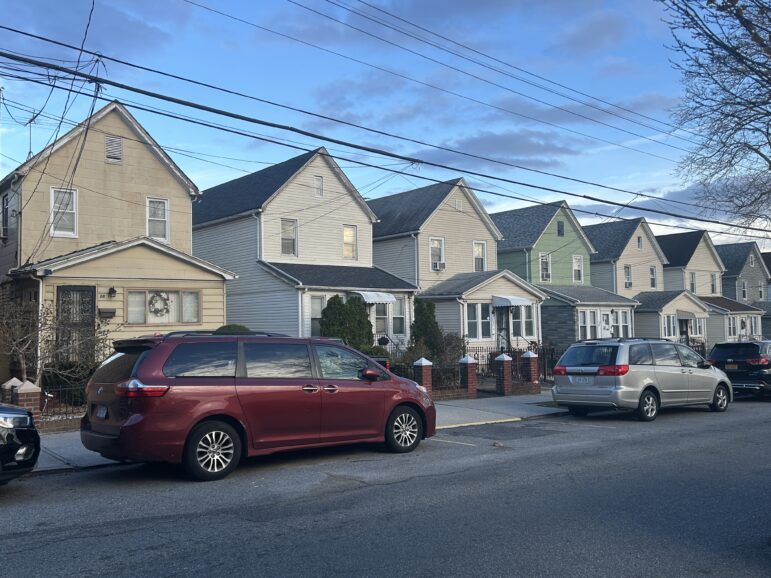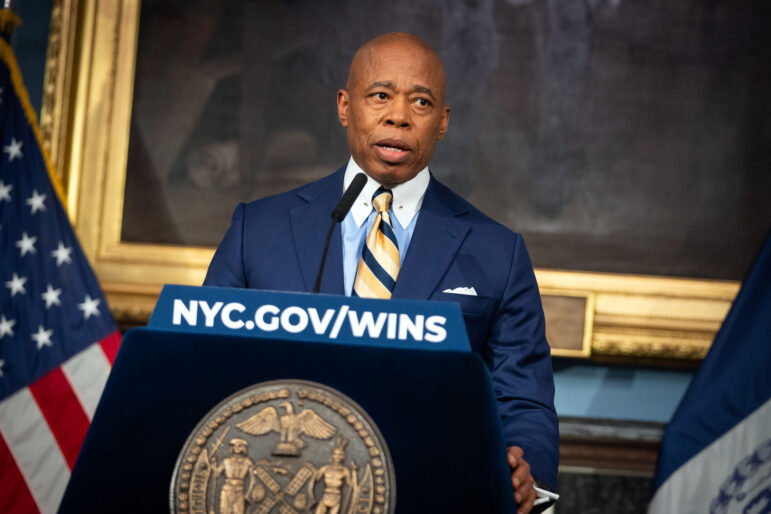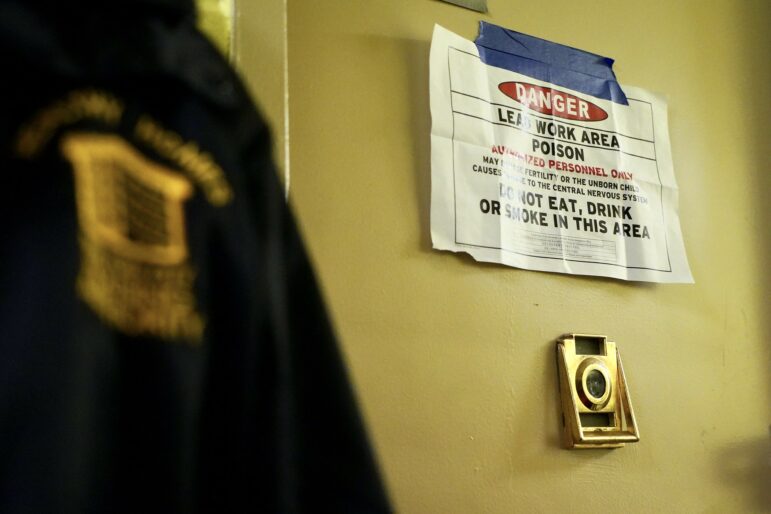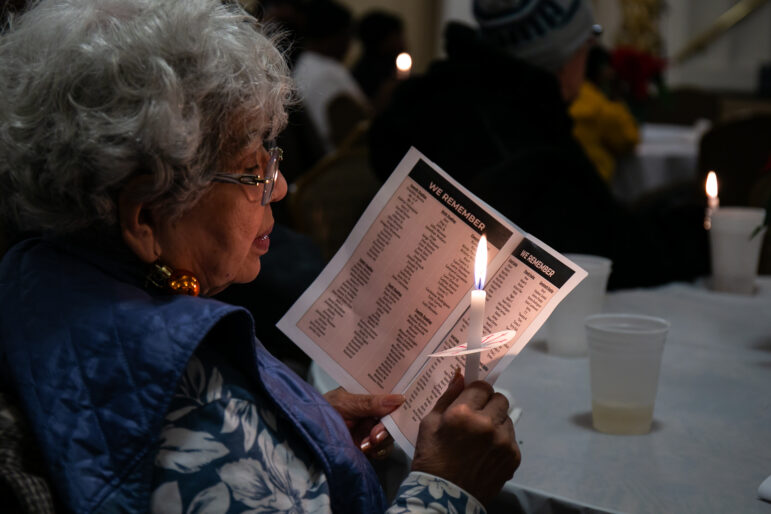
Photo by: Johnnymartyns89, FightingRaven531
Charlotte, the site of this week’s Democratic National Convention, at left. Tampa, where the Republicans gathered last week, is at right.
A poll by the Pew Research Center last week indicates more Americans are interested in the Republican and Democratic platforms than prime-time speeches by Gov. Romney, Rep. Ryan, President Obama or former President Bill Clinton. Positions on Afghanistan, same-sex marriage and gun control probably generate the most interest, but the platform documents spell out party positions on a range of issues.
On cities, for instance, Republicans accuse the Obama administration of concentrating too much on urban areas and not enough on broader infrastructure problems:
That’s an ironic counterpoint to people on the left who criticized Obama for falling short of his promise to elevate urban affairs in his administration. But the administration’s “sustainability” efforts have long garnered suspicion from conservative groups.
Elsewhere in the platform, the GOP argues for urgent attention to the infrastructure needs of the nation’s water supply system and for ending taxpayer subsidy of Amtrak. In other issues that directly affect cities, Republicans also call for consumer choice in schools and mandatory prison sentences for many violent offenders and “repeat drug dealers” as well as programs that aim for rehabilitation and successful reentry after prison. When it comes to poverty, the Republicans repeat their charge—deemed baseless by neutral observers—that the president is undermining the 1996 welfare reform law signed by President Clinton:
The Republican-led welfare reforms enacted in 1996 marked a revolution in government’s approach to poverty. They changed the standard for policy success from the amount of income transferred to the poor to the number of poor who moved from welfare to economic independence. We took the belief of most Americans – that welfare should be a hand up, not a hand out – and made it law. Work requirements, though modest, were at the heart of this success. That is why so many are now outraged by the current Administration’s recent decision to permit waivers for work requirements for welfare benefits, in other words, to administratively repeal the most successful anti-poverty policy in memory. Instead of undermining the expectation that low-income parents and individuals should strive to support themselves, benefit programs like food stamps must ensure that those benefits are better targeted to those who need help the most.
That welfare reform was the “most successful anti-poverty policy in memory” is an interesting claim. Far fewer people receive welfare now than before the reforms; there were 13.4 million Aid to Families with Dependent Children recipients in 1995, compared to 4.6 million Temporary Assistance to Needy Families recipients in 2011. The overall poverty rate and child poverty rate decreased in the late 1990s but began climbing modestly in 2001. But welfare benefits are reaching fewer needy families: According to the Center on Budget and Policy Priorities, out of 100 families with children in poverty, 68 received welfare in 1996, but only 27 received it in 2010. It’s not at all clear that welfare reform was more successful than Lyndon Johnson’s Great Society programs. From 1965 to 1973, the poverty rate fell by a third.
The GOP also argues for a consolidation of anti-poverty programs, highlighting the problem of marginal taxation of benefits (where government help is reduced when a person’s own earnings increase) and linking it to the president’s healthcare reform:
For the sake of low-income families as well as the taxpayers, the federal government’s entire system of public assistance should be reformed to ensure that it promotes work. Each year, this system dispenses nearly $1 trillion in taxpayer funds across a maze of approximately 80 programs that are neither coordinated nor effective in solving poverty and lifting up families. For many individuals collecting benefits from multiple categorical programs, efforts to work or earn more actually result in less money in their pocket through the resulting loss of benefits. This poverty trap would ensnare even more Americans if Obamacare were implemented. Taking a part time job, working an extra shift, or even just marrying someone who works, would result in a loss of benefits, thereby discouraging the very acts necessary to achieve the American Dream.
The Democrats spend more ink on cities, which their platform notes, “represent over 80 percent of this country’s gross domestic product and 80 percent of this country’s population. ” The party claims the 2009 stimulus helped “pull cities back from the brink, preventing our local communities from sinking into deeper holes and being forced to lay off tens of thousands of police officers, firefighters, emergency medical technicians, and teachers.”
The heart of the Obama administration’s urban work is a menu of programs under the Neighborhood Revitalization Initiative, including the housing-focused Choice Neighborhoods program, as well as the Sustainable Communities Initiative, in which federal housing, transportation and environmental agencies cooperate in spending federal money on revitalization projects. Many of these programs are still at a planning phase.
The administration knows one size does not fit all, which is why it has listened to city leaders about what they need most and is fostering ground-up, instead of top-down, solutions by assigning federal workers to work side-by-side with local leaders in struggling cities. … We will continue to partner with local communities to support their sustainable developments such as passenger rail, bicycle and pedestrian paths, and other projects to support livable cities.
The Democrats say ending poverty must be made “a national priority,” and credits the stimulus with keeping 7 million people out of poverty. It adds, “The Obama administration invested in Promise Neighborhoods in communities across the country – a comprehensive approach to fighting poverty from early learning to college and career,” and promises to expand it.
“But there is still more work to do,” the platform continues, albeit with few details:
Democrats believe that we must raise the minimum wage and index it to inflation. We will continue to fight for equal pay for equal work, a strong labor movement, and access to a world-class education for every child. We will help lift people with disabilities out of poverty. We understand that poverty disproportionately affects communities of color and we are committed to working with those most affected by poverty. We will continue the improvements in refundable tax credits for low-income families to encourage work and education while lifting families out of poverty. To enhance access and equity in employment, education, and business opportunities, we encourage initiatives to remove barriers to equal opportunity that still exist in America.








